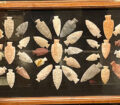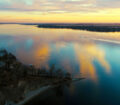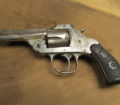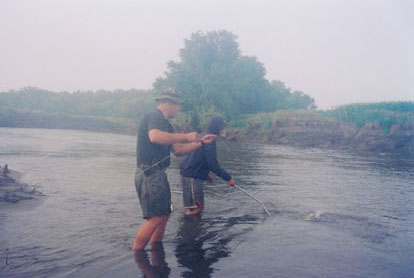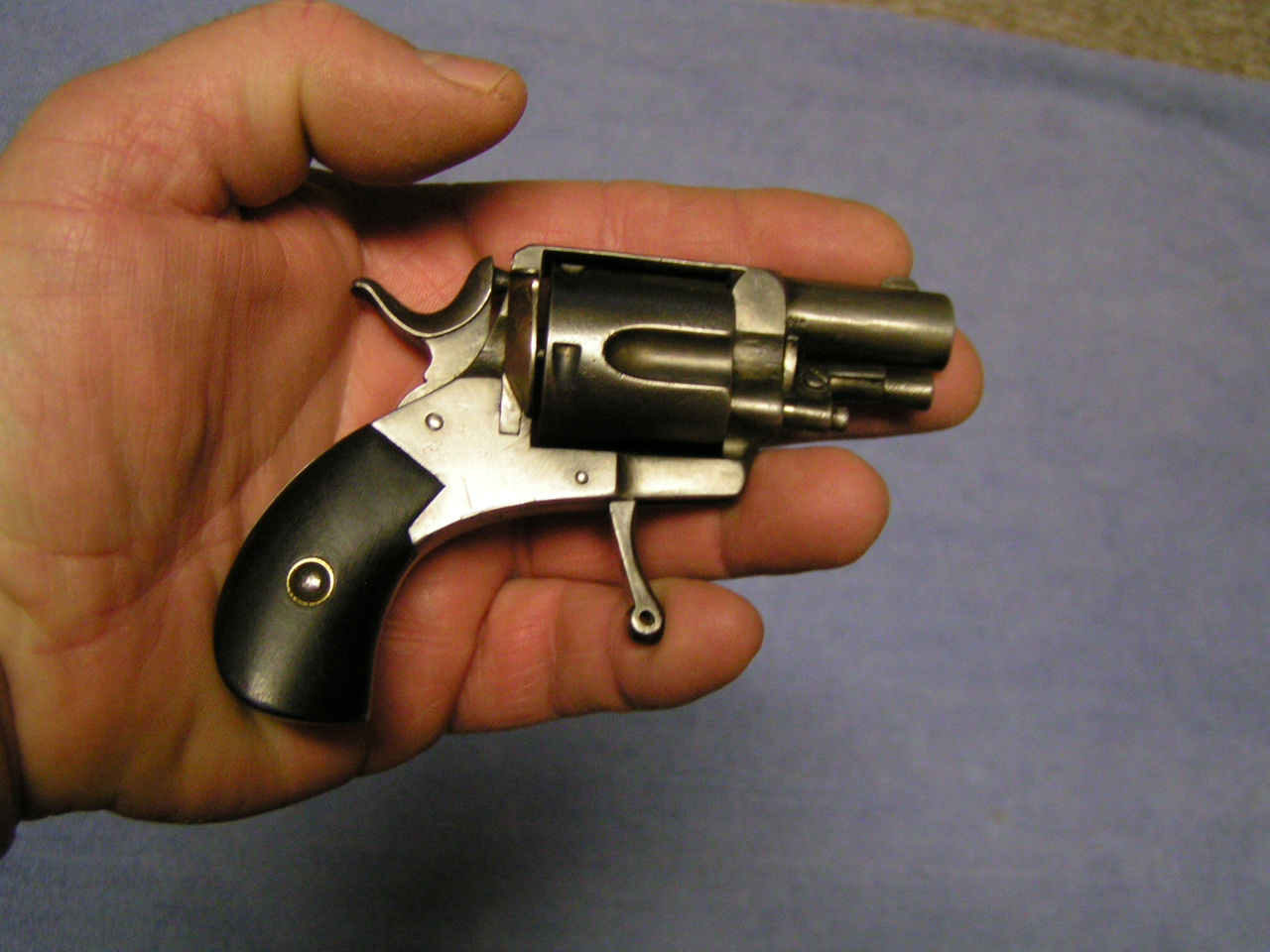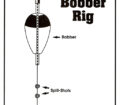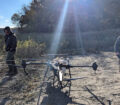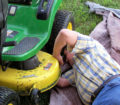By Bob Jensen
Fishing the Midwest Fishing Team
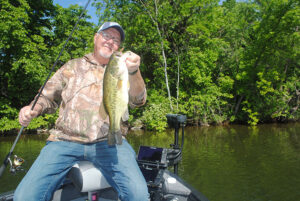
(photo by Bob Jensen) Modern electronics help anglers catch more fish, but fish populations appear to be good in many places. Note the electronics in this boat.
Whenever people who like to fish gather, there are usually fishing related conversations. “How’dja catch’em?” “Where’dja catch’em?” That sort of thing. A popular topic lately relates to electronics. Mostly F.F.S. F.F.S. is fisher-talk for “Forward Facing Sonar.” F.F.S. enables an angler to see what’s in front of the boat as well as what’s around the boat.
In years past, sonar looked directly below the boat, then another version was introduced that revealed what was in the water on either side of the boat. The question asked ever since the introduction of sonar to the fishing world in about 1957, was/is “Are these devices going to reduce fish populations?” Good question! Almost anyone who goes fishing is concerned about fish populations.
It seems like, so far, advances in technology have not harmed fish populations in most places. Fish catching today appears to be as good as or better than ever. However, there are a lot of factors that contribute to better fish catching today.
Modern day anglers have more fish-catching information available than ever imagined. T.V. shows, fishing articles, seminars and internet videos have enabled anglers to catch more and bigger fish on a consistent basis.
Equipment has certainly improved. Rods, for instance, are better and less expensive than comparable rods of yesteryear. Some of us can remember the first graphite rods that came out. They were nowhere near as fishable as today’s rods, and they cost in the $100.00 range. That was a lotta’ dough for a fishin’ pole in the 70’s. A $100.00 dollar rod today is so much better than its predecessors.
Larger, more reliable boats and motors, make it easier, safer, and more comfortable to get to distant offshore locations where some species of fish spend much of their time in the summer. GPS makes it possible to return to those exact locations day after day, and more accurate weather reports make it more likely that we’ll frequently return to those productive offshore spots.
Regulations enacted by fisheries management people have done good things for fish populations. In some places, fisheries are managed on a lake-by-lake basis. This can be confusing to an angler who fishes a lot of different lakes, but it’s effective in fish management. So are slot limits and appropriate daily and possession limits that are managed by the experts.
Selective catch and release helps. In some places it’s better to keep the mid-size fish, not the biggest ones. As anglers become more knowledgeable, they’re more willing to participate in catch and release.
So, back to the F.F.S. thing. The problem, if it is a problem, is that F.F.S. enables anglers to catch and keep more fish than in days gone by. But it’s not the tool that we use; it’s how we use the tool. There’s nothing wrong with keeping a few fish.
What creates problems is when we keep too many fish. If the fisheries people can keep on top of the increase in fish catches, wonderful! But for me, no thanks. I prefer the intrigue of wondering if I’m fishing where the fish are. And since most of us don’t participate in fishing tournaments or aren’t after fish for the table, if we don’t catch a fish or enough fish, there’s peanut butter and bread in the cupboard and jelly in the fridge. We’ll enjoy our fishing and still have something to eat.

